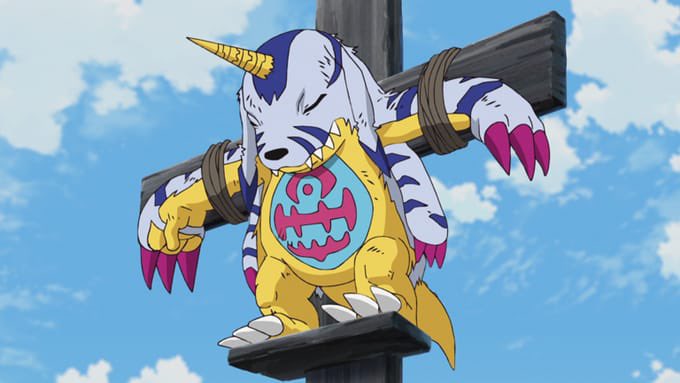Also, it’s only a true gargoyle if it comes from the gargling region of France. Anything else is just a sparkling grotesque.
Gargouille.
The weird thing about the origin of the word sandwich is that everyone had been eating them for centuries, but one day the Earl of Sandwich orders one and they say, “it takes too long to say bread-and-meat, let’s just call it a sandwich.”
By the way, no one knows for sure the etymology of ‘squid.’
Squid is a perfect description of a squid though. So whoever came up with that one, nailed it!
There are a bunch of animal names like that. Notably “dog” and “chicken” just showed up without any real source. In middle English we have hounds, and fowls/cocks/hens. It’s strange for domestic animals that have been around forever to get renamed afor no apparent reason.
I could’ve swore dog came from the old Scottish word dug. Which was another word for dog
not true, squid come from squyrde
I don’t know what “squyrde” is, but it doesn’t show up in any etymological source I’ve ever seen.
For example:
squid (n.)
“ten-armed marine mollusk, cuttlefish,” 1610s, a word of unknown origin. Klein’s sources suggest it is a sailors’ variant of squirt and so called for the “ink” it jets.
Yes. Thats where squyrde comes from
Squyrde comes from Squirtle
Etymology of the word gargoyle, for anyone else who read the linked list in its entirety and found that gargoyle is not on it:
https://www.etymonline.com/word/gargoyle
Rather than the sound of water, it seems to refer to the throat of the statue through which water passes, which sounds like gargle in several languages. Several sites say it’s an onomatopoeia for the statue gargling water but I can’t find that reference specifically, except that the root words for gargle from Latin might be an onomatopoeia for the sound of gargling.
If the statue is purely ornamental without the function for water to pass through it, it’s called a grotesque, chimera, or boss, so obviously I’m going to call them all bosses now.
Garganta means throat in Spanish, so I’ve learnt something about the origins of that word now :)
Sandwiches are named after a Welsh peasant dish that originally consisted of witch meat between two bricks of baked sand. It was terrible and offered little nutritional value, but was very popular due to the great availability of witch meat and lack of any real alternatives for nourishment.
I don’t know enough Welsh to refute this
Additional fun fact: “sandwich” is a degraded version of the original Welsh spelling, which is “syynndwrrrccchhchch,” and which was originally pronounced “klerb.”
Onomatopoeia is itself an onomatopoeia because that’s the sound it makes when you say the word.
That’s how most words work though?
Not in fucking english lol
Sandwiches are named after the Earl of Sandwich right? Have there been further developments?
He’s still dead.
ostrachise
Huh? I thoght ancient greeks played with the idea of democracy but were mostly monarchistic?
ostracheese
Mmmm. Cheese from ostrich milk
Totally interesting until you look it up to find there’s no truth to it.
It’s kinda true, but less exciting than the person made it sound.
gargoyle (n.)
“grotesque carved waterspout,” connected to the gutter of a building to throw down water clear of the wall … from Old French gargole
gargle (v.)
1520s, from French gargouiller “to gurgle, bubble” (14c.), from Old French gargole “throat, waterspout”
Those are two different words though. If the OP had said they were related I wouldn’t protest because they likely are. But they stated it as a fact, which we do not know to be true.
In french, gargoyle is “gargouille”. The verb to gargle is “gargouiller”. Used in a sentence, the word is the exact same. “Il se gargouille”/“He gargles”.
I don’t know, to me it seems pretty clear they’re related.
Related yes, “comes from” (the claim made here) we don’t know that for sure
I mean, that can be said for literally everything, no? What kind of proof would you need? Everything about languages and the evolution of words is studied by experts, and I am not one of them, so what else can I do but take their word for it?
If you look up their ethymology online, they are both from the same word. The wikitionary entry also claims it does come from it. https://fr.m.wiktionary.org/wiki/gargouille











